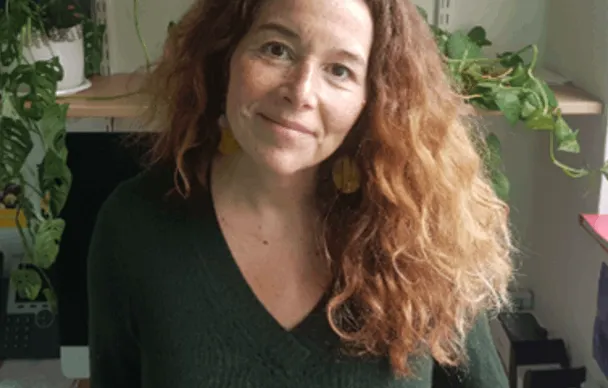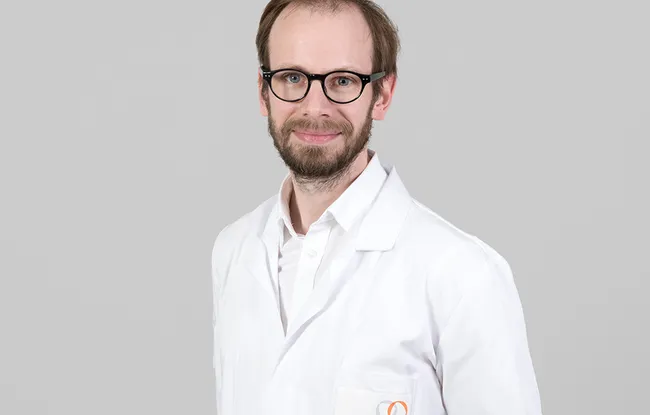- Home >
- Institut Curie News >
- Ana-Maria Lennon, Grand Prix of the Charles-Defforey Foundation of the Institut de France
Ana-Maria Lennon-Duménil, team leader and newly appointed Director of the Institut Curie's Immunity and Cancer Unit, is “proud to be the recipient of this prize awarded by my peers.” The Charles-Defforey Foundation - Institut de France 2021 Scientific award is an excellent opportunity for the development of her research projects since it is endowed with 450,000 euros.
This award will enable us to maintain and even strengthen the diversity of our work, from basic to translational research. I have high hopes of bringing our knowledge in quantitative biology, physics, and cellular immunology to the patient's bed.
With her team Spatio-temporal Dynamics of Immune System Cells (U932 Inserm/Institut Curie) and in close collaboration with other teams at the Research Center, her work
focuses on the use of multidisciplinary approaches to understand, at different levels, the mechanism of the immune system cells.
In 2008, together with cell biologist Mattieu Piel (CNRS UMR144/Institut Curie), they created a consortium to apply quantitative imaging and micro-fluidics to the study of the movement capabilities of immune system cells. This led to a new field of research on the mechanisms that allow dendritic cells, sentinels of immunity, to coordinate their function(s) with their migration in time and space.
After more than 25 publications and two grants from the highly selective European Research Council (ERC), her team is now focusing on the imaging of immune cells in the intestine. Together with Danijela Vignjevic-Matic's team (CNRS UMR144/Institut Curie), they discovered a new mechanism whereby macrophages control the quality of absorbed fluids in the colonic epithelium; work that has been awarded several times.



